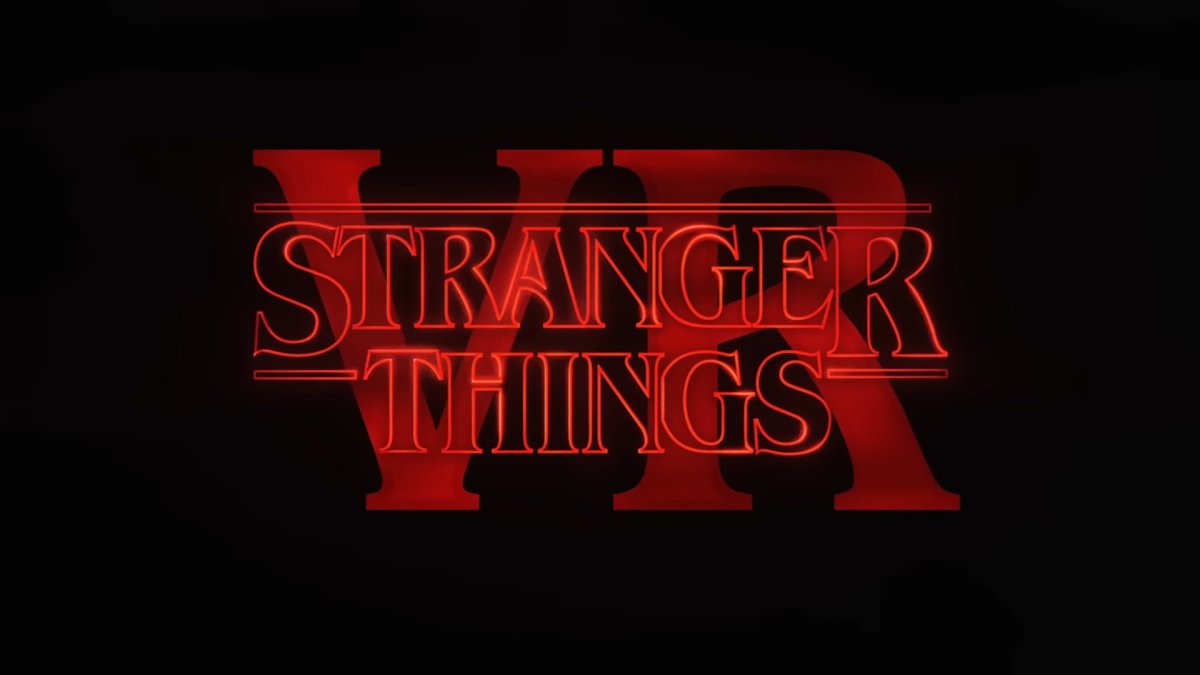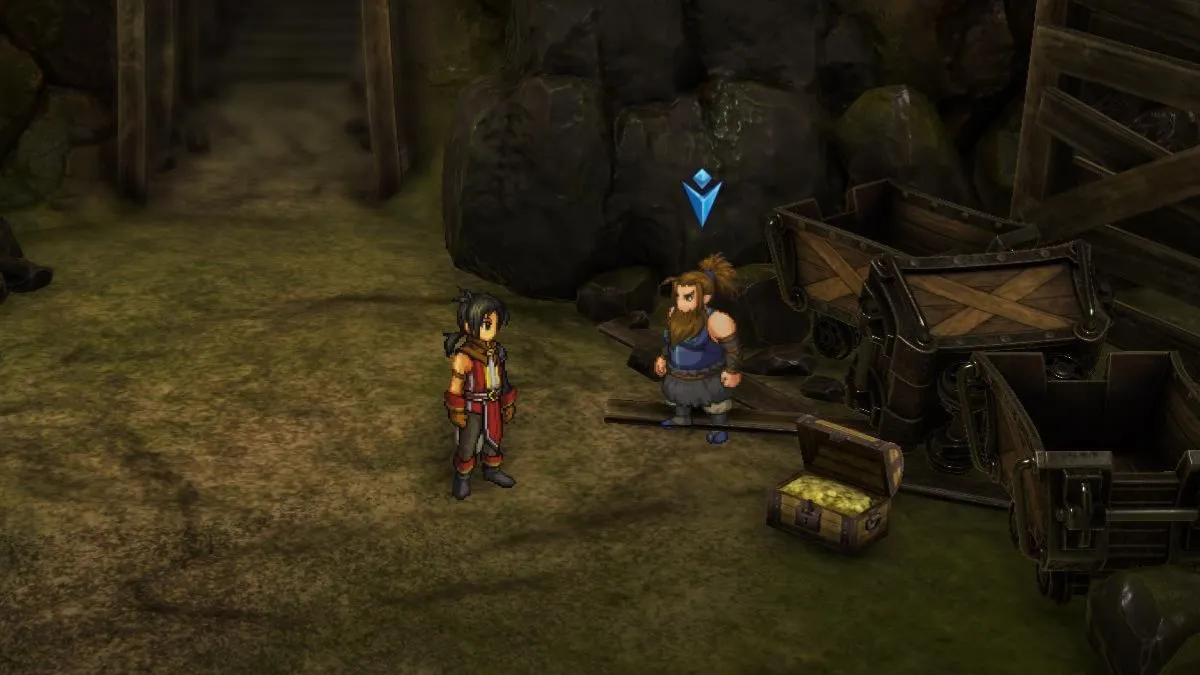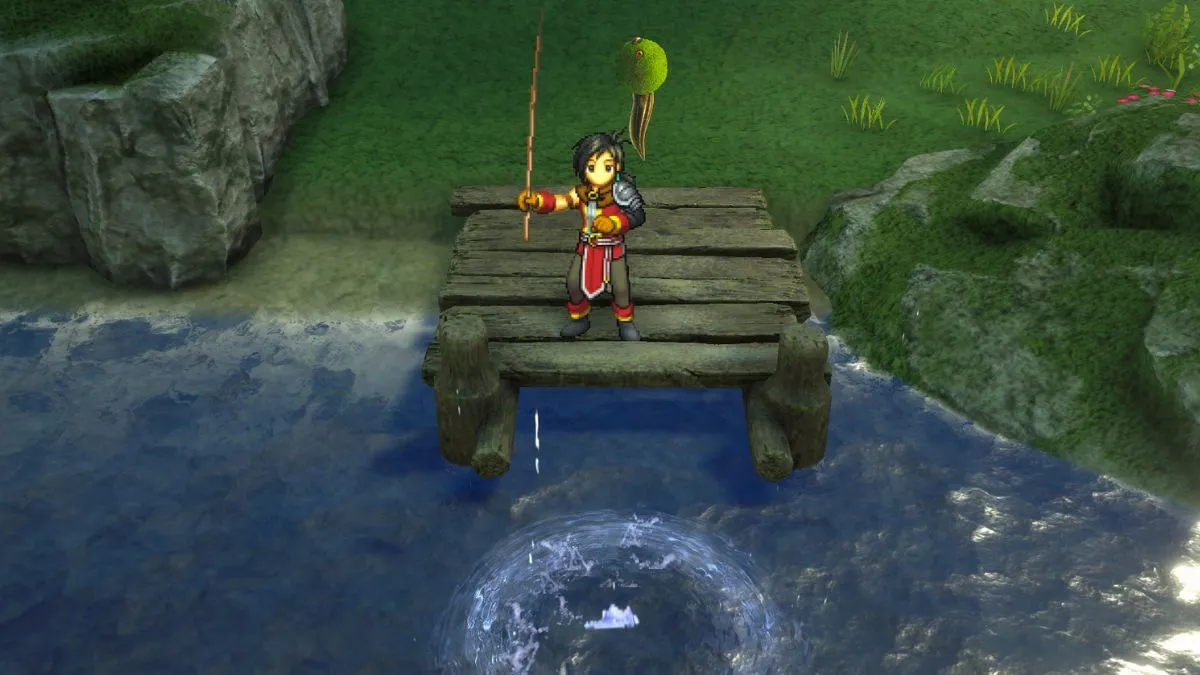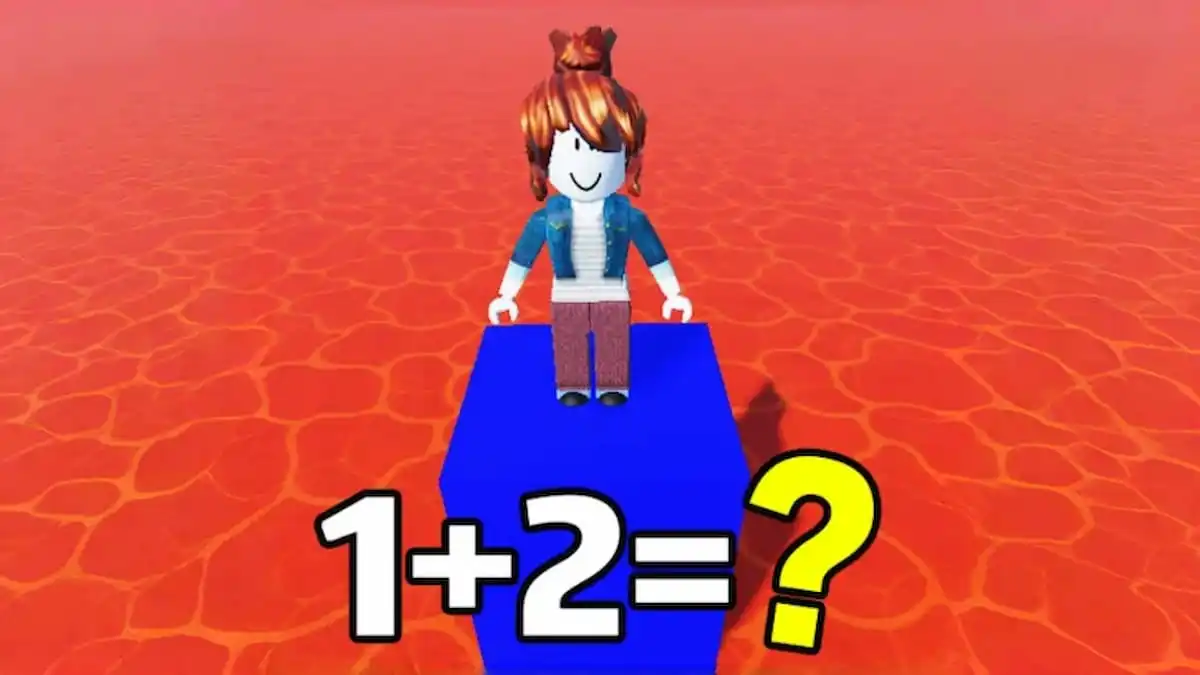Coming to “major VR platforms” next year, Stranger Things VR will let you enter the world of Netflix’s smash hit ‘80s-era sci-fi horror blockbuster. You’ll visit the town of Hawkins, roam the Upside Down, and face a variety of foes, human and otherwise. But will Stranger Things VR let you play as season 4 antagonist Vecna?
You Can Play as Vecna in Stranger Things VR, and You Are a Terror
The short answer is yes, you can and will play as Vecna, since he’s set to be the protagonist of Stranger Things VR. The slightly longer answer is that you’ll also play as Henry Creel, the person Vecna used to be before he turned into Skinless Voldemort.
You’ll get to experience events that the show only touched on, looking out through Vecna / Henry’s eyes. And as Vecna / Henry, you’ll get to wield his formidable powers. According to developer Tender Claws, you’ll “invade the dreams and memories of fan favorite characters and harness telekinetic powers to battle humans and creatures alike.”
However, while it could be an awful lot of fun to play as Vecna, you probably won’t get to turn those meddling ST kids into paste with your powers. After all, this game will fill in the gaps in Vecna’s story, and with season 5 on the way, it’s unlikely this game will deviate from series canon.
There was another Stranger Things VR experience called — wait for it — Stranger Things: The VR Experience, for PlayStation VR. But it was much, much shorter, just a few minutes in length, and has since been delisted. Stranger Things VR, on the other hand, promises to be a proper game.
So yes, you can play as Vecna in all his glory in Stranger Things VR, but you’re going to have to wait till 2023 to get your hands on the game.





